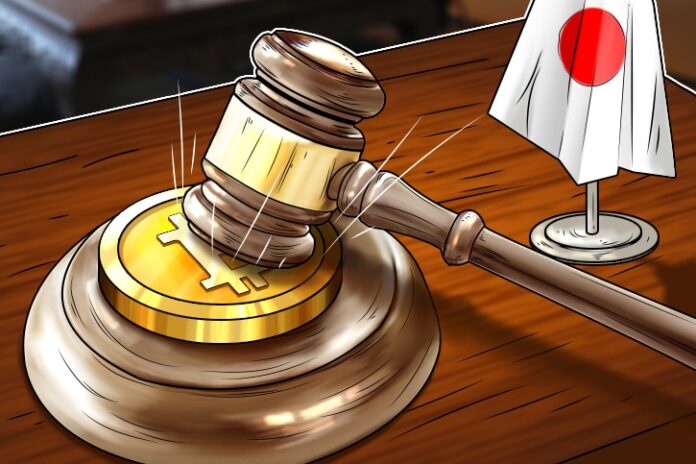In the wake of serious theft at Coincheck, Japan is not taking any chances with crypto losses. The FSA will be demanding higher standards, investigating business practices and instigating suspensions at many crypto exchanges. Flaws in security and failure to protect against money laundering are just some of the thorns in the FSA’s side.
Regulators are fed up with losses
Since the late January hack of Coincheck, Japanese regulators have been dissatisfied and swift to reprimand the blockchain-based company. This Wednesday, it was announced that in addition to sanctions already meted out, the FSA will be levying fines and forcing some exchanges to suspend business.
They will be calling for higher standards from Coincheck, specifically, in the wake of the $530 million dollar heist perpetrated on that exchange earlier this year. According to sources near the FSA, this new rash of punitive measures is on the heels of discoveries made concerning flaws in customer protection and anti money laundering checks.
At this time, it has not been announced exactly which exchanges have won the ire of the regulators, but action from the FSA is sure to be swift and absolute.
The FSA has not yet commented on this information, and Coincheck has not responded to attempts to gain comment.
No more lackadaisical crypto trade
In 2017, Japan made history by becoming the first nation to regulate crypto exchanges. Since then, 16 exchanges have registered and have been operating since. Once the Coincheck theft was made public, the FSA promised to begin closer monitoring on all crypto exchanges under their jurisdiction, with the hopes of closing holes in security. One step in that monitoring will be to shut down some exchanges while thorough checks are conducted.
Coincheck is apologetic about the attack that left their customers robbed to the tune of millions. In reparation they are offering $425 million to investors. Coincheck has not yet said when they will make these payments but says they have the fluid funds available.
Watching like hawks
In addition to requiring Coincheck to step up their game, the FSA may also demand that GMO Coin and Zaif get their acts together. Last month, Zaif suffered a glitch that allowed for the free purchase of Bitcoins for seven lucky customers. The problem was corrected, and the funds sorted out, but the security issue still drew the attention of the FSA. For now, the Japanese are coming down on any behavior that jeopardizes security in the crypto exchanges, and business may see a dip due to the exchange shutdowns.
The eyes of the world are on Japanese regulators in this matter. The success or failure of their efforts to clean up and legitimize crypto trading will serve as a model for countries who wish to follow in allowing the legal trade of virtual coin. There is much to learn from the first nation to open up regulated crypto markets – the FSA knows that they are on a world stage and will likely be stern in their actions.















